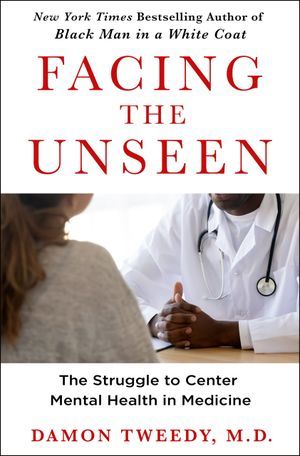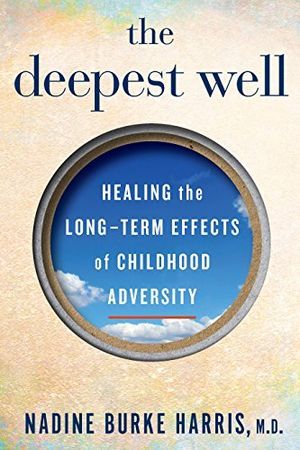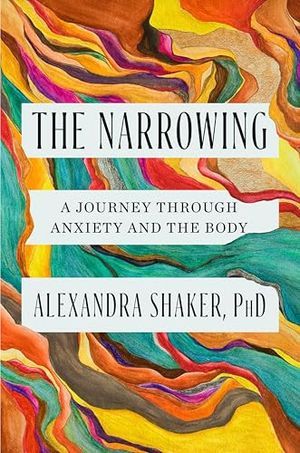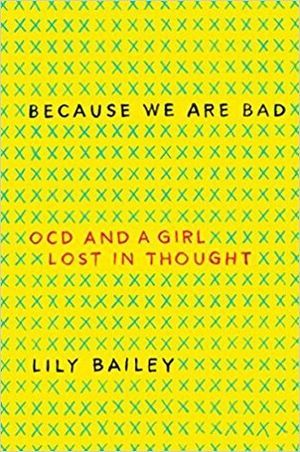I was diagnosed with obsessive-compulsive disorder when I was 13. More than half of my life later, it’s a condition I’ve learned to live with—with flare-ups, stretches of remission, and ongoing management. It has, without any hesitation, been the hardest thing I’ve gone through. I don’t think I could have gone through it without books about OCD that both made me feel less alone and helped me learn management strategies. Brain Lock by Jeffrey M. Schwartz has been especially meaningful to me.
Because I know firsthand how a book can help with recovery, I’ve compiled five nonfiction recommendations for Mental Health Awareness Month. They each offer powerful perspectives, whether through memoir, research, professional guidance, or a mix of all three. If you’re looking to better understand yourself, a loved one, or mental health as a whole, I hope you find what you’re looking for within them.
The Collected Schizophrenias by Esmé Weijun WangEssayist Esmé Weijun Wang was diagnosed with schizoaffective disorder in her 20s, a chronic illness that is part of the “collected schizophrenias.” In this book, she reflects on living with an often-stigmatized condition, her experiences with psychosis, and her disillusionment with labeling. |

Facing the Unseen: The Struggle to Center Mental Health in Medicine by Damon TweedyWith a blend of research and personal experiences, psychiatry professor Damon Tweedy challenges the tendency in internal medicine to treat physical conditions while ignoring signs of mental illness. He advocates for doctors to undergo mental health training, regardless of their specialization, to both reduce stigma and fully treat a patient’s symptoms. |

The Deepest Well: Healing the Long-Term Effects of Childhood Adversity by Nadine Burke HarrisThe focus of this next recommendation is the physiological damage childhood trauma can have on our bodies. Inspired by her research and experiences as a pediatrician, she explains the long-term effects of adverse childhood experiences, how to help children who have experienced trauma as a caregiver, and how to process childhood trauma as an adult. |
Because We Are Bad: OCD and a Girl Lost in Thought by Lily BaileyJournalist Lily Bailey started having intrusive thoughts in childhood, including thoughts that she believed would hurt others if she didn’t control them. Through years of treatment, she shares how she learned to trust herself again and gain freedom from her obsessive thoughts. This book debunks stereotypes about OCD. |

The Narrowing: A Journey Through Anxiety and the Body by Alexandra ShakerPsychologist Alexandra Shaker explores the mind-body connection of chronic anxiety and why it can be so difficult to treat. She also shares strategies for channeling anxiety into resilience and accepting the emotion as a human experience. |
Taking care of your mental health is a continuous journey. It doesn’t start and end with May. For more recommendations, check out these 7 Books for Better Mental Health—like Real Self-Care: A Transformative Program for Redefining Wellness by Pooja Lakshmin and It Didn’t Start with You by Mark Wolynn.
The following comes to you from the Editorial Desk.
This week, we’re highlighting a guide to reading short stories! If you’ve been curious about what short stories have to offer and want to make them part of your reading life, get to know the form and learn where you can find some good ones so you can get started right away. Read on for an excerpt and become an All Access member to unlock the full post.
May is Short Story month, so what’s on your reading list this month? Short stories are one of my favorite things to read right now. Life’s busy, and short stories are fiction that can fit into a hectic day. Instead of using the one-chapter-per-night method to work your way through a novel, what might it look like to read a short story each evening?
I love short stories precisely because they’re every bit as interesting, complex, and beautiful as longer fiction, but they’re more realistic to read when you’ve got a lot going on.
I have a confession: I used to hate short stories. Okay, okay, maybe “hate” is too strong a word. Let’s just say that I basically refused to read them. You might be wondering why I would have such a strong aversion to short stories.
Sign up to become an All Access member for only $6/month and then click here to read the full, unlocked article. Level up your reading life with All Access membership and explore a full library of exclusive bonus content, including must-reads, deep dives, and reading challenge recommendations.
Source : Nonfiction Book Recommendations for Mental Health Awareness Month









